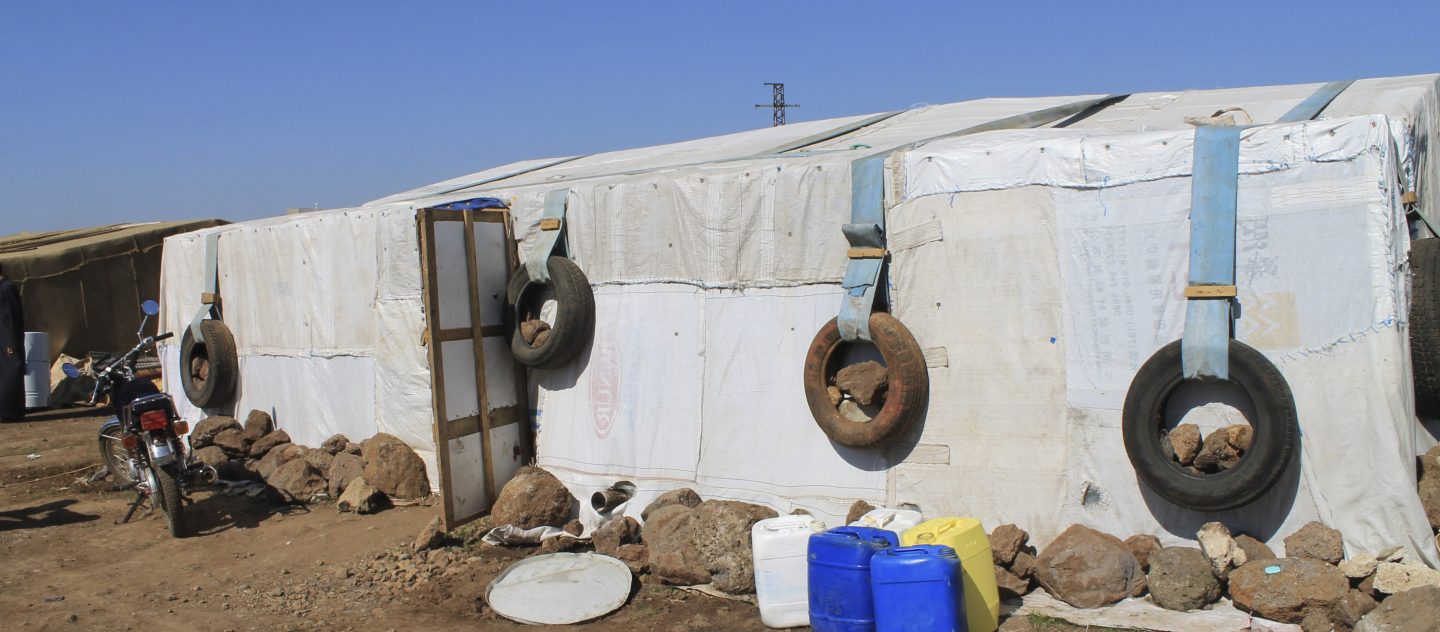UNHCR’s interventions are identified in coordination with Lebanese authorities at central, governorate and municipal level. They range from the rehabilitation of storm water channels to the construction of reservoirs, and even the drilling and equipping of boreholes.
By the end of 2016, UNHCR’s WASH interventions had led to improved sanitary conditions for 108,000 individuals and access to safe water for 27,000 individuals, which is essential to preventing the outbreak of diseases. In addition, over 34,500 refugees benefited from hygiene promotion activities, during which they learn how to best adapt their behaviour to living conditions during displacement, avoid hygiene and related health hazards, and manage waste and waste water in the most sanitary way possible.
Between January and June 2017, sanitary conditions were improved for 110,700 refugees in Lebanon. Access to safe water has been provided to more than 10,050 refugees and almost 11,000 refugees have benefited from hygiene promotion activities.
In addition, nine water supply systems in the Bekaa and North Lebanon are being rehabilitated. As at June 2017, more than 147 km of pipeline have been installed, to include some 4,770 household connections. Three reservoirs have already been constructed, and another two are being finalized. Two boreholes have also been completed, with another two to be completed before the end of the year. Upon completion of these projects, more than 192,000 Lebanese people and refugees will gain better and more reliable access to potable water.

